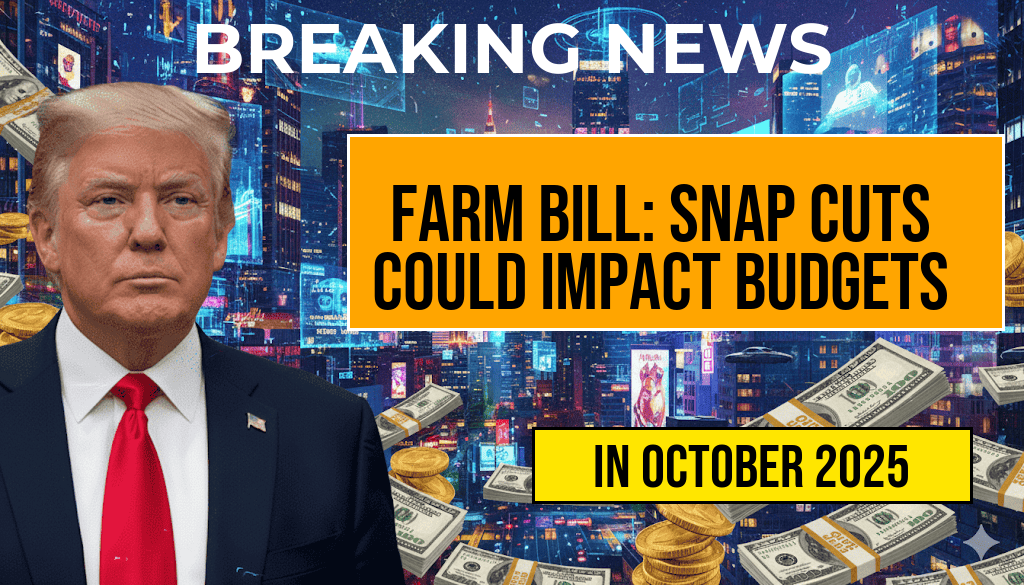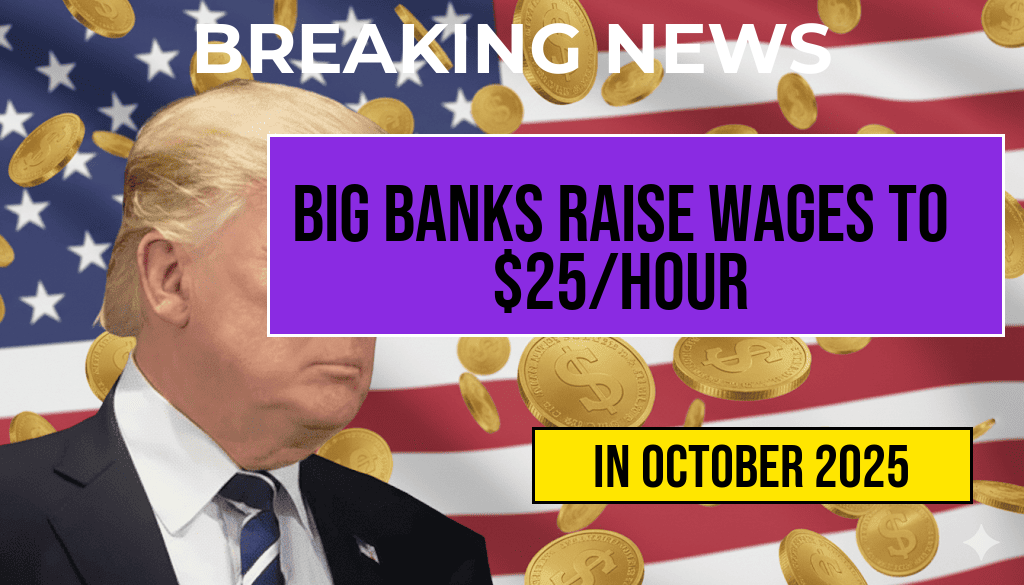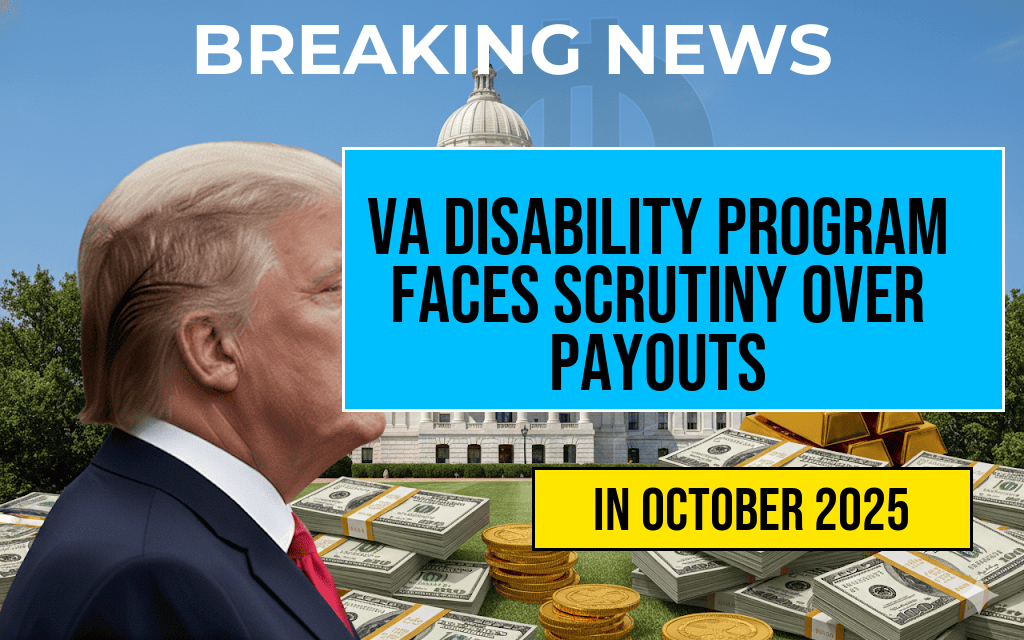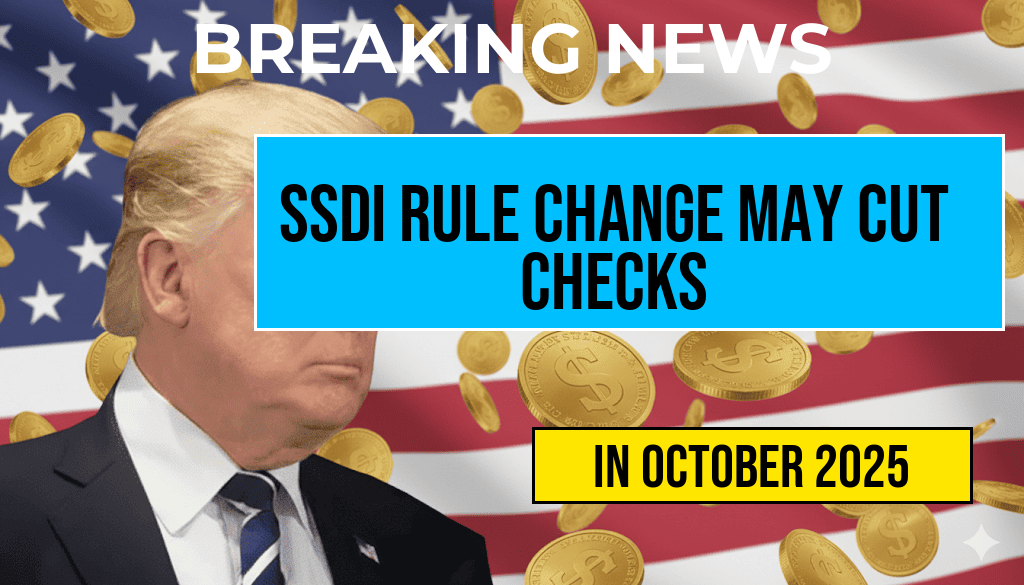As the debate surrounding the upcoming Farm Bill intensifies, proposed adjustments to the Supplemental Nutrition Assistance Program (SNAP) could lead to significant cuts totaling $30 billion over the next decade. Lawmakers are weighing the implications of these changes, which aim to address concerns regarding the program’s sustainability amidst rising food costs and economic pressures. Critics assert that such cuts could adversely affect millions of Americans who rely on SNAP for their grocery budgets, while supporters argue that reform is necessary to maintain fiscal responsibility. The discussion highlights the ongoing struggle to balance budgetary constraints with the need for food security for vulnerable populations across the nation.
Understanding the Proposed SNAP Adjustments
The proposed changes to SNAP are part of a broader effort to revise the Farm Bill, which governs agricultural and food policy in the United States. The adjustments focus on reducing benefits and tightening eligibility requirements for the program, which serves approximately 42 million Americans.
Key Components of the Proposal
- Reduction in Benefits: The plan aims to lower the average monthly benefit per household, which could significantly impact those already struggling with rising grocery prices.
- Tightening Eligibility: New criteria could restrict access to SNAP for certain groups, including families with higher incomes or those who receive additional assistance.
- Work Requirements: Increased work requirements for recipients may be instituted, potentially disqualifying those who cannot meet stringent employment criteria.
The Economic Context
The push for these adjustments comes amid a backdrop of escalating food prices driven by inflation and supply chain disruptions. According to the U.S. Bureau of Labor Statistics, food prices have risen approximately 10% over the past year, further straining household budgets. This economic climate has intensified the debate over how to effectively manage SNAP while ensuring that it continues to serve its intended purpose.
Impact on Households
Experts warn that reducing SNAP benefits could lead to food insecurity for millions of families. A recent report from the Feeding America network indicates that nearly 1 in 8 Americans experience food insecurity, a figure that could rise if proposed cuts take effect. Households that rely on SNAP often allocate a significant portion of their budgets to groceries, and any reduction in benefits could force families to make difficult choices.
Political Reactions
The proposed SNAP adjustments have sparked a divided response among lawmakers. Advocates for the cuts argue that reform is necessary to ensure the program’s long-term viability and to redirect funds to other critical areas, such as agricultural subsidies or conservation efforts. Meanwhile, opponents contend that slashing benefits undermines the safety net for the most vulnerable and could exacerbate poverty levels.
Voices from the Community
Community organizations and food banks are voicing their concerns about the potential repercussions of the proposed cuts. Many are calling on Congress to consider the real-life implications of these policy changes, emphasizing the importance of maintaining robust support for those who struggle to afford basic necessities. As the debate continues, public opinion remains a key factor, with many Americans supporting the idea of protecting SNAP funding.
Looking Forward
The Farm Bill is set to be debated in Congress in the coming months, with the final decisions on SNAP adjustments likely to be made in early 2024. As lawmakers grapple with the complexities of food policy, the outcome may set a precedent for future legislation affecting food assistance programs. Stakeholders are closely monitoring the situation, eager to understand how proposed changes might shape the landscape of food security in the United States.
Conclusion
The ongoing discussion regarding SNAP adjustments within the context of the Farm Bill highlights the intricate balance between fiscal responsibility and the need to address food insecurity. As the legislative process unfolds, the potential impact of a $30 billion cut over the next decade raises critical questions about the future of nutrition assistance for millions of Americans.
Frequently Asked Questions
What is the Farm Bill and why is it important?
The Farm Bill is a comprehensive piece of legislation in the United States that governs various agricultural and food programs. It is crucial as it dictates funding for key programs, including the Supplemental Nutrition Assistance Program (SNAP), which assists millions of Americans with their grocery budgets.
How could the proposed adjustments to SNAP impact beneficiaries?
The proposed adjustments to SNAP could lead to a significant reduction in funding, potentially cutting $30 billion over the next decade. This reduction may result in decreased benefits for beneficiaries, making it more challenging for low-income families to afford groceries.
What specific changes are being suggested for SNAP in the Farm Bill?
Proposals for SNAP adjustments include stricter eligibility requirements and potential cuts to benefits, which could affect how much assistance families receive for their grocery needs. These changes are part of ongoing debates within the Farm Bill discussions.
How might these cuts affect grocery prices for the general public?
If SNAP benefits are reduced, low-income individuals may struggle more to afford groceries, which could lead to a decrease in overall consumer spending. This shift could have a cascading effect on grocery prices for the general public, as reduced demand from a significant portion of consumers may influence price trends.
What can the public do to voice their concerns about these changes?
The public can engage by contacting their local representatives, participating in community forums, and raising awareness on social media about the potential impacts of SNAP adjustments. Advocacy and public opinion can play a critical role in shaping the final decisions made in the Farm Bill.







